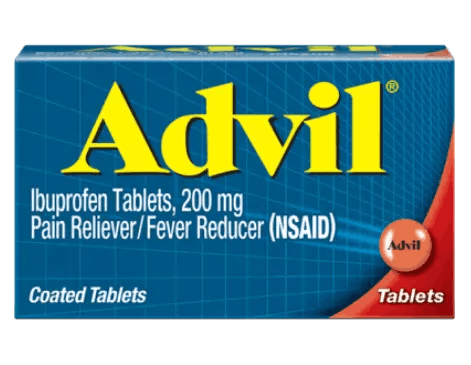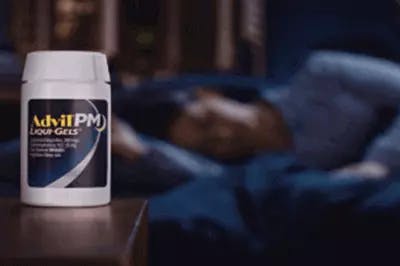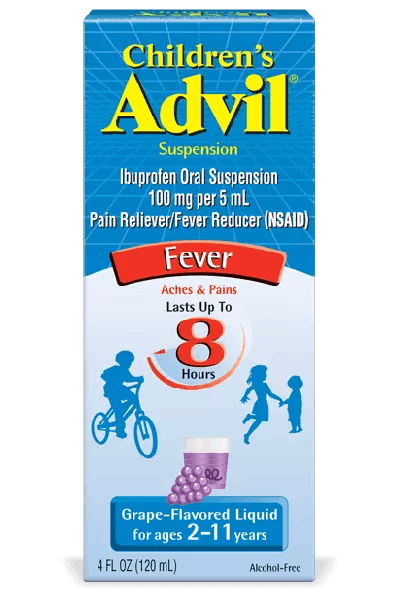How to Relieve Stress & Tension Headaches – Tips to Reduce Stress & Anxiety
Headache

When you're dealing with difficult situations in your life, stress and anxiety can trigger or make headaches worse.i Whether you're overdue for a vacation, dealing with job layoffs or busy navigating relationships with friends and family, stress can arise from a number of factors. Don’t worry, we're here to help with your headache pain. Learn how to help relieve stress and tension headaches with these simple tips.
Try to Relax
In addition to an OTC pain reliever, relaxation techniques are a good way to reduce stress and tension headache pain since they are an outlet for emotional and physical tension. Techniques range from simple exercises, such as deep breathing and brisk walking, to mind-control disciplines, such as meditation and biofeedback. Below are some tried and true methods on how to relieve stress and anxiety.
Get a Massage
Massage loosens the “kinks” in muscles and ligaments. You can massage your own head, neck and shoulder area, though, ideally, it is most relaxing to have someone else massage you. Techniques include rubbing and kneading and applying pressure to specific areas of the body.
Take a Deep Breath
This relaxation technique can be done anywhere and is one of the basic ways to learn how to relieve stress and anxiety. Take slow, deep breaths, inhaling from the diaphragm rather than from the chest. Breathe through your nose, gradually filling your lungs with oxygen. Exhale slowly and completely. Too much deep breathing can make you feel light-headed or lead to hyperventilation so don't overdo it.
Try Meditation
Meditation can provide physical and emotional benefits. Ideally, meditate for one or two 20-minute sessions each day in a quiet place. There are several ways to meditate, and it's best to consult with a professional who can provide proper training techniques.
Exercise
Physical activity can reduce stress and make tension headaches less painful and less frequent. Exercise regularly: Try for a minimum of 15 to 20 minutes three times a week. Stretch and work the muscles with an activity you enjoy—it can be anything from brisk walking to aerobic dancing or swimming. This gets you moving and it can help to relieve stress and tension headaches.
Try Biofeedback
This technique teaches you to be aware of—and to control—bodily reactions, including headache pain. During biofeedback, a special machine called an electromyograph (EMG) measures the tension level in certain muscles. Progressive relaxation exercises, in which you focus on the tension in certain parts of your body and then "release" the tension in each part, are helpful in conjunction with biofeedback. Your physician can refer you to a biofeedback practitioner who can develop a specific program that meets your needs.
Try a Pain Reliever
Preventive measures are key in avoiding stress and tension headaches. But if you do end up with a tension headache, most doctors recommend the use of an OTC pain reliever, which contains ibuprofen. As with any medication, it's important to read the label before using it.
Important note:
While the minor tension headache is the most common type of headache, there are other types, including migraine, cluster and sinus headaches, as well as headaches resulting from illness or injuries. Learn more about headaches and identifying migraines through our resources. Most headaches do not require medical attention, but there are situations when a physician should be consulted.
Contact a physician if your headaches:
- Occur every day or in a different pattern than usual
- Strike suddenly and severely
- Follow a blow to the head
- Grow progressively more painful
- Are initiated by physical exertion
- Are associated with or accompanied by fever, a stiff neck, pain in the eyes or ears, swelling and soreness around the eyes and cheekbones, persistent nausea or vomiting, convulsions, loss of consciousness, mental confusion or a change in vision.
- Are disabling in that they cause you to lose time from work or other activities
SOURCES
i. Tension Headache. Medline Plus: U.S. National Library of Medicine. https://medlineplus.gov/ency/article/000797.htm. Accessed 4/16/2020. Referenced text is highlighted on page 3.
By clicking the link(s) above, you will be taken to an external website that is independently operated and not managed by Haleon. Haleon assumes no responsibility for the content on the website. If you do not wish to leave this website, do not click on the links above.







